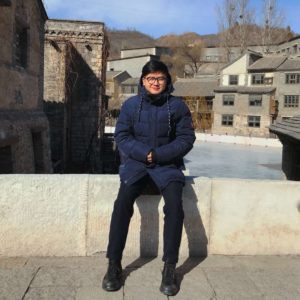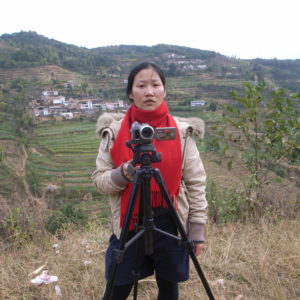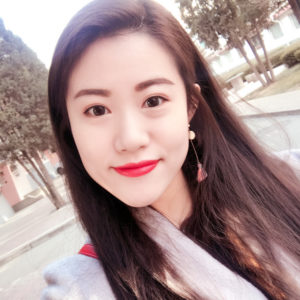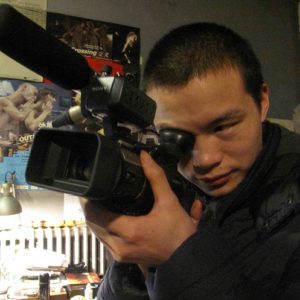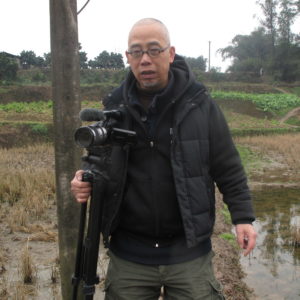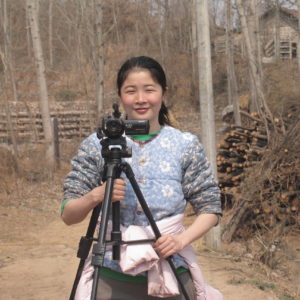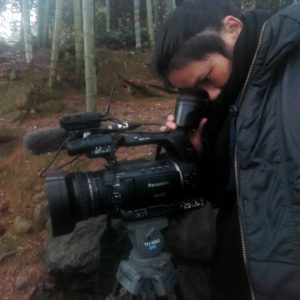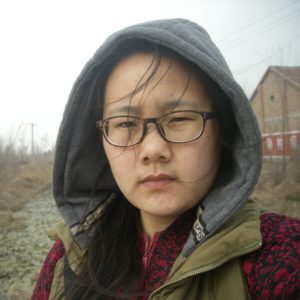Documentary filmmaker Wu Wenguang is widely considered a pioneer of modern Chinese independent film. In 2010 he launched the Memory Project to collect oral histories from survivors of the Great Famine that devastated rural China between 1958 and 1961. Officially known in China as the “Three Years of Natural Disasters” or “The Difficult Three-Year Period,” the Great Famine caused the death of between 20 and 43 million people. More recently the project has also covered the Great Leap Forward of 1958-1960, the Land Reform and the Collectivization of 1949-1953, the Four Cleanups Movement in 1964, and the Cultural Revolution of 1966-1976. The interviews naturally show regional variations in famine experiences and rural culture. They add intimate detail and humanity to the story of the deaths and starvation of millions of Chinese, providing a unique perspective on the unofficial history of the Great Famine.
Wu’s studio in suburban Beijing, known as the Work Station, is the home for this project. More than 150 young filmmakers have joined the project, and since 2010 they have visited 246 villages in 20 provinces and interviewed more than 1,100 elderly villagers. These filmmakers, many of whom returned to their families’ rural hometowns, developed new intergenerational relationships with elderly relatives they had previously hardly known. During the process of interviewing the villagers, they reconciled the official history taught in schools with each family’s experiences. The notes and blogs written by the filmmakers and the interview footage preserve the fading memories of people who lived through the Great Famine, ensuring that their stories are not forgotten.
The Memory Project digital collection currently consists of interviews done by eleven filmmakers: Wu Wenguang 吴文光, Zhang Mengqi 章梦奇, Zou Xueping 邹雪平, Li Xinmin 李新民, Jia Nannan 贾楠楠, Luo Bing罗兵, Lin Tao 林涛, Zhang Ping 张苹, Li Yushan 李雨珊, Guo Zhihua 郭志华 and Qu Yufeng 屈玉凤. Other interviews will be published incrementally as each filmmaker’s material is arranged and described.

